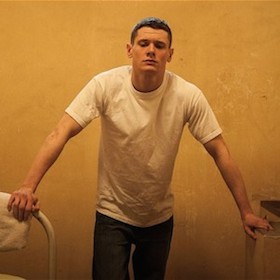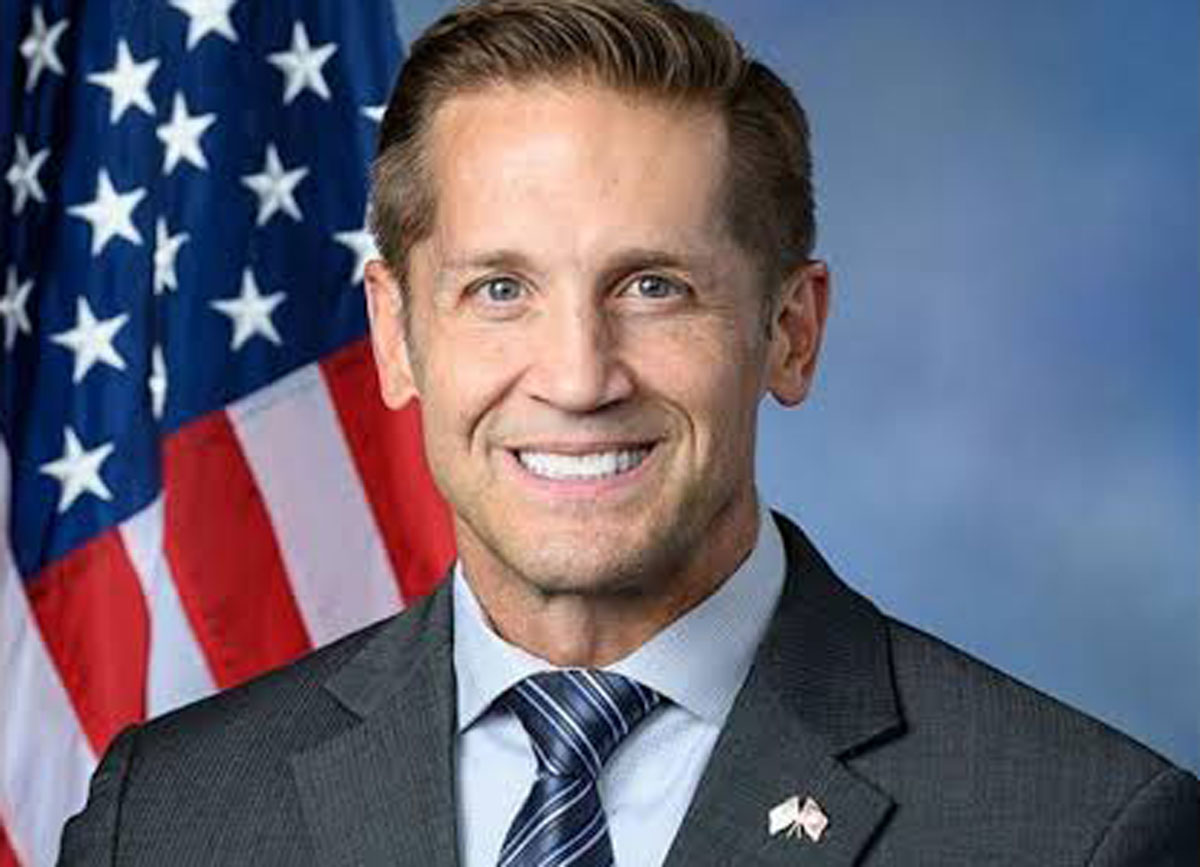'Starred Up' Review: A Hard Prison Film With A Soft Heart

4/5
It goes without saying that Starred Up is a prison movie – borrowing its name from the slang of a young offender getting prematurely delivered to adult prison – but it’s also very much a family drama. It’s as much about Eric Love’s precarious place in the broken prison system as it is about his broken relationship with his father. He doesn’t have much of a chance on a cellblock, and he certainly doesn’t have too great of a chance with a dad behind bars and a mom supporting a drug problem as a prostitute.
Directed by David Mackenzie working off a screenplay by Jonathan Asser, Starred Up has its finger on the pulse of a world often replicated, but rarely duplicated in a way to do the inspiration justice. There is nothing trite or precious here. The prisoners are rough men. There are shanks and slocks and drugs. But, these aspects of prison culture don’t make every prisoner irredeemable in Starred Up. Similarly, the hero of the movie – if one must be named – isn’t infallible and the men running the prison aren’t all villainous. There’s nuance, there’s empathy and there’s humanity.
Jack O’Connell has played an Eric-type before – a disenfranchised young man who struggles with harnessing his impulses – in probably his best-known role to date as Cook on UK teen series Skins. As Eric, O’Connell has more fully fleshed out the interior of his character, with the pain beneath the coarse visage more apparent and palpable. While Eric is clearly trapped within the confines of the prison, it’s readily apparent that a considerable part of him is trapped beneath his flesh, begging to burst out.
This is where the pivotal therapy sessions come in. If Eric is to have any hope of avoiding physical altercations and ultimately getting himself out of jail, he has to learn to deal with his aggressive tendencies. Leading the sessions is Oliver Baumer (Rupert Friend), an independently wealthy semi-posh man with a way of mediating between the prison’s more volatile inmates and their heavy-handed corrections officers. By allowing the inmates to let their anger bubble, trusting them to bring it down before it escalates, he gives them power. He also gives them the space to be vulnerable enough to air their grievances, the impetus for their outbursts.
After initially pushing back against the idea of being “helped,” Eric begins to find a sense of security within the group, one that he’s never felt before, least not with his parents. His increasing dependence on the group is a threat to his father Neville (Ben Mendelsohn), who is using the shared stint in prison to assert parental authority that has long since expired. His misguided notion of helping, coupled with his petulance, ultimately delivers Eric into the hands of the people he most wanted to protect him from.
Starred Up begins with a close-up of 19-year-old Eric on his way to the new prison and ends with an inexorably loud revolving door. The movie virtually screams that the system is a broken one, one that serves as something of a graduate school for career criminals. It screams recidivism. It begs for the inadequacies to be changed. Eric Love’s story is but one fictional account – one grounded in reality – that speaks to a very genuine problem. As a piece of film, Starred Up is duly evocative and affecting; as a piece of commentary on prison, it’s a lightening bolt shining a jagged spotlight on something that’s not working as it should.
RELATED ARTICLES
Get the most-revealing celebrity conversations with the uInterview podcast!






Leave a comment